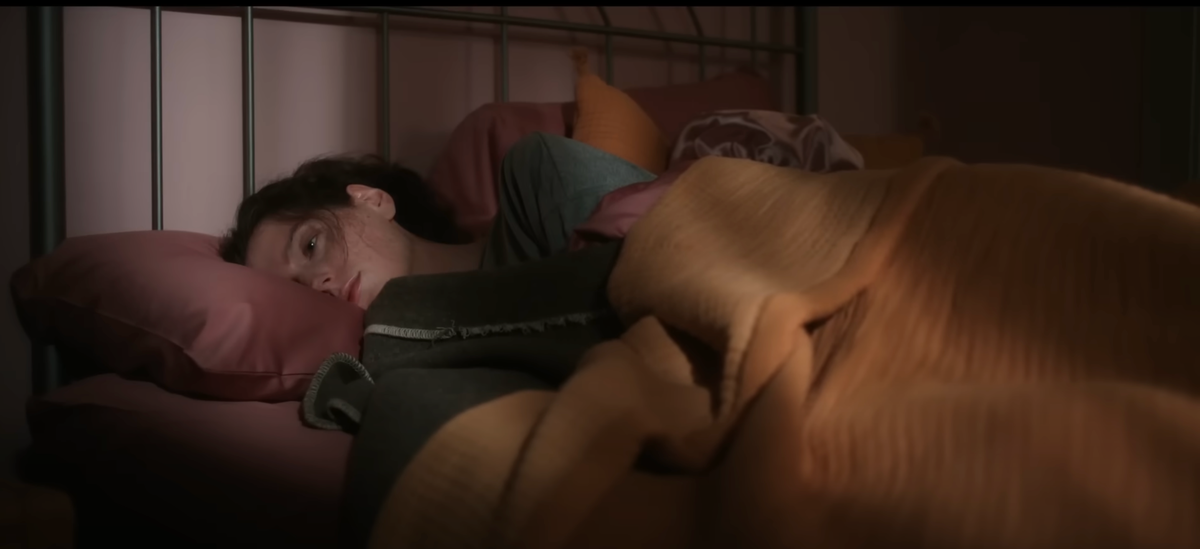Body Horror

The quietest scenes in “Sorry, Baby” speak the loudest. The film, which is actor and writer Eva Victor’s directorial debut, portrays a person — Agnes — whose life shrinks to solitude following a sexual assault.
In the years following their1 rape by their grad school advisor, we rarely see the highs and lows of Agnes’s emotional pain. Instead, Victor draws you into the dead-eyed monotony of trauma that has settled on a person’s psyche and gone stale.
“Sorry, Baby” — a Sundance standout — is the first great film about non-combat post-traumatic stress disorder. It presents PTSD through a contemporary lens — the body keeps the score in “Sorry, Baby,” and holds its victory over Agnes in an iron fist.
“I can feel in my body that it was really bad,” Agnes says long after their rape.
Overall, the word “trauma” and stories depicting its events have infiltrated American art and the general language of pop-psychology. But while most stories about trauma focus heavily on the traumatic event, or events, “Sorry, Baby” moves the genre forward into a portrayal of one person’s burden of living with post-traumatic stress.





